Easy Vegetable Garden Ideas For Beginners
Easy Vegetable Garden Ideas for Beginners
Growing your own vegetables is a rewarding experience, but it can also be daunting for beginners. There are so many different vegetables to choose from, and it can be hard to know where to start.
That's where this blog post comes in. We've put together a list of easy vegetable garden ideas for beginners, along with some tips to help you get started.
Here are some of the easiest vegetables to grow for beginners:
- Lettuce: Lettuce is a cool-season crop that is relatively easy to grow. It does best in full sun, but it can tolerate some shade. Lettuce is also a relatively quick crop, so you can start harvesting it in just a few weeks.
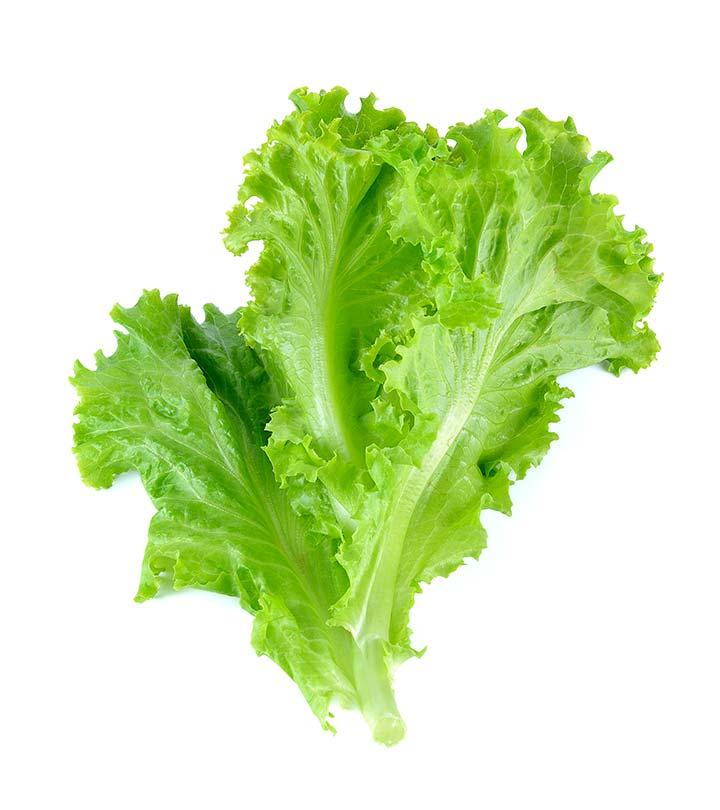
- Carrots: Carrots are another easy-to-grow vegetable. They prefer full sun and well-drained soil. Carrots can take a few months to mature, but they are well worth the wait.
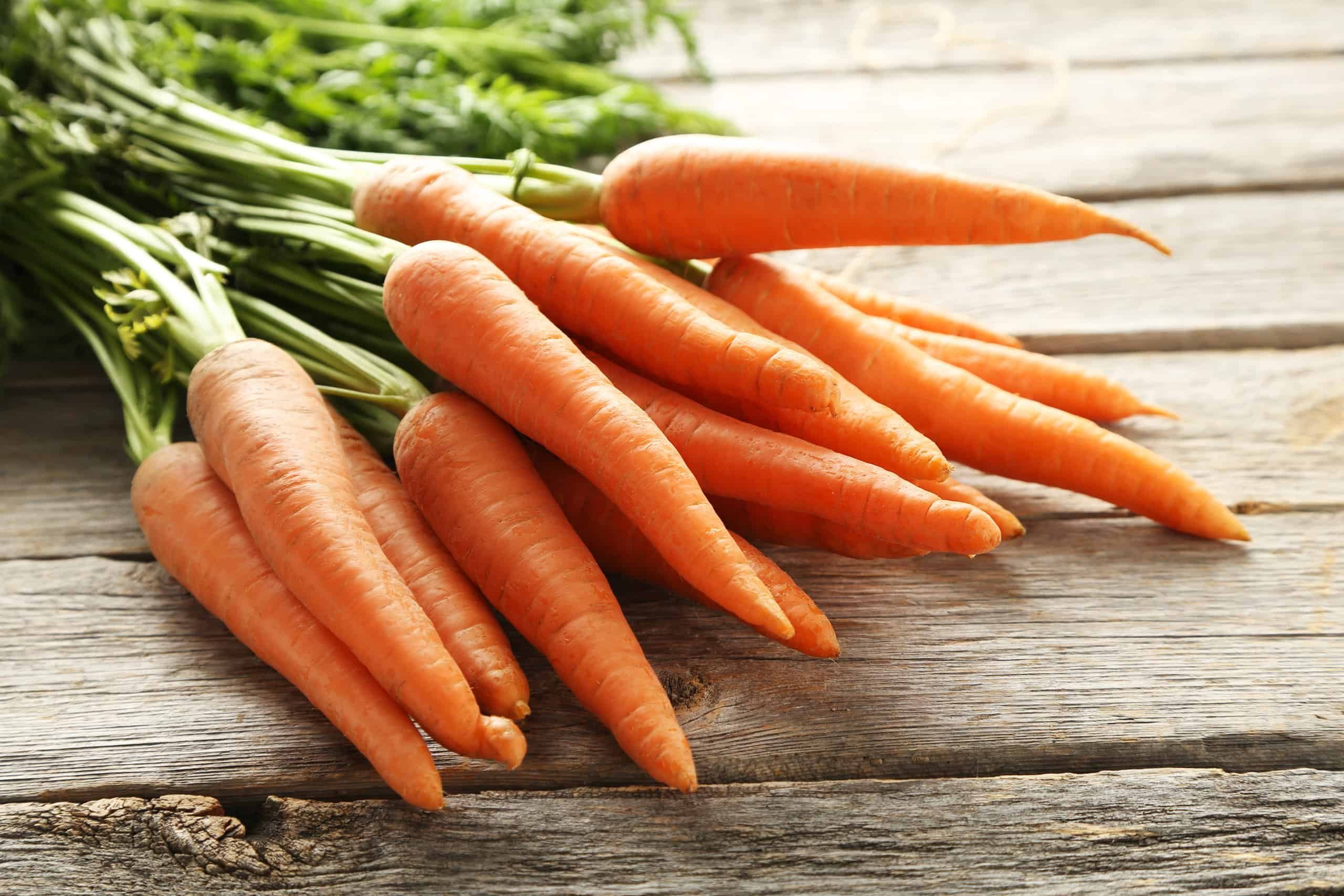
- Peas: Peas are a great choice for beginners because they are relatively quick and easy to grow. They do best in cool weather, so you can plant them in early spring or fall. Peas are a good source of protein and fiber, and they are also a fun vegetable to grow with kids.
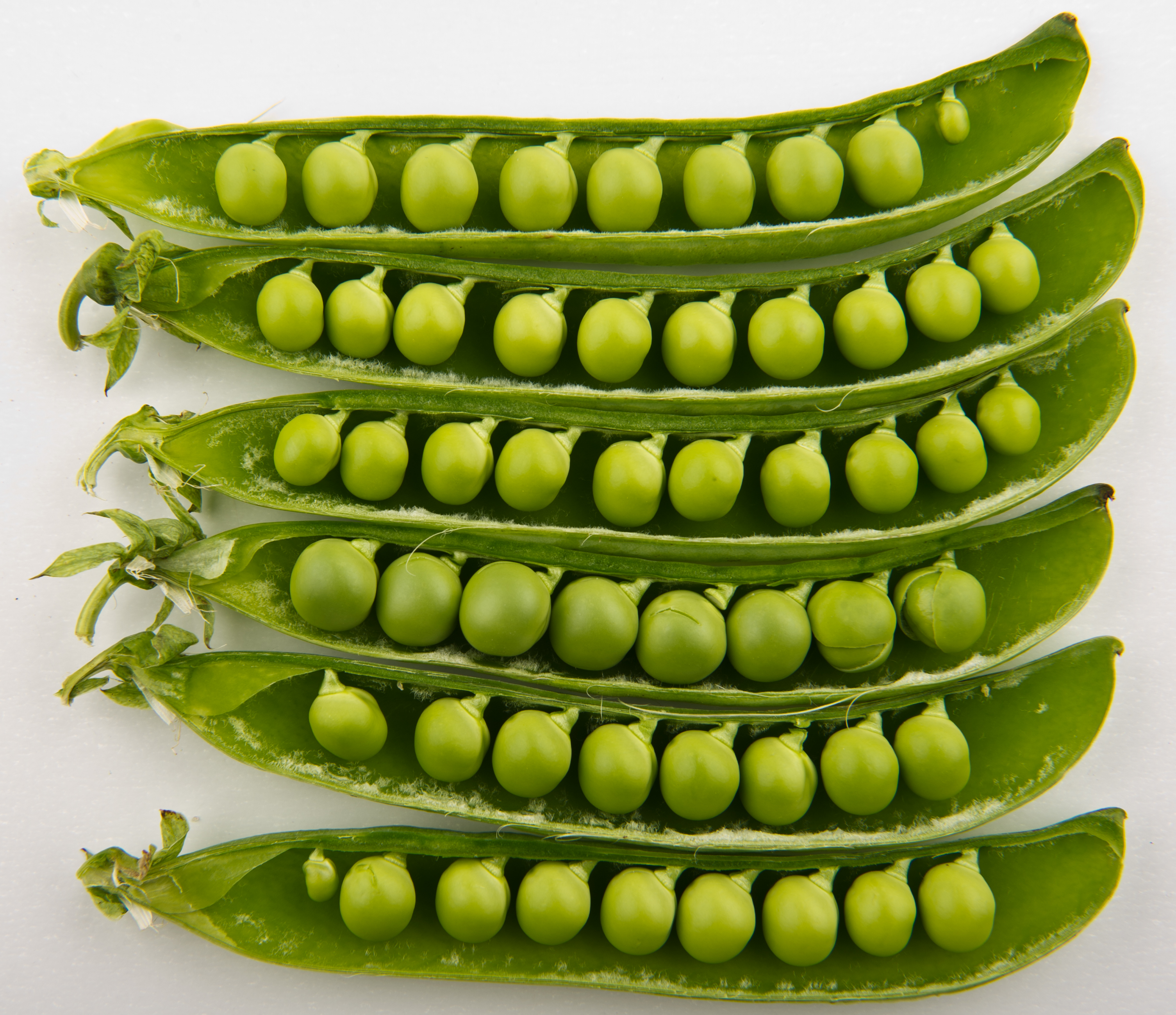
- Radishes: Radishes are another quick-growing vegetable that is perfect for beginners. They are also relatively cold-hardy, so you can start planting them in early spring. Radishes are a good source of vitamins A and C, and they are also a fun vegetable to grow with kids.
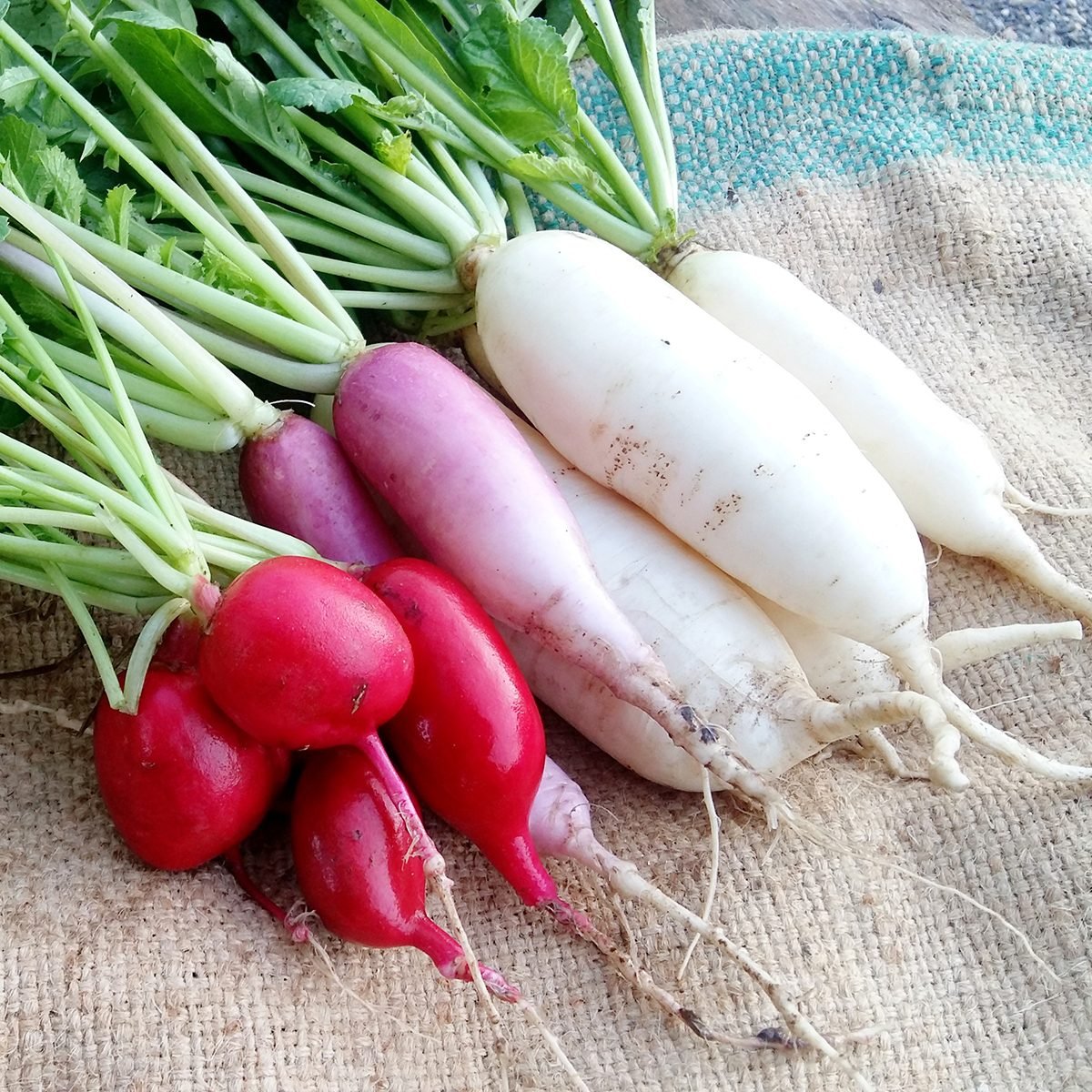
- Herbs: Herbs are a great way to add flavor to your food, and they are also relatively easy to grow. Many herbs can be grown in pots or containers, so they are a good option if you have limited space. Some of the easiest herbs to grow for beginners include basil, parsley, thyme, and oregano.

Here are some tips for starting a vegetable garden:
- Choose a location that gets full sun for at least 6 hours a day.
- Prepare the soil by tilling it and adding compost or other organic matter.
- Plant your vegetables according to the recommended spacing.
- Water your vegetables regularly, especially during hot weather.
- Fertilize your vegetables every few weeks.
- Protect your vegetables from pests and diseases.
- Harvest your vegetables when they are ripe.
Growing your own vegetables is a rewarding experience that can save you money and help you eat healthier. With a little planning and effort, you can start your own vegetable garden even if you are a beginner.
Are you thinking about starting a vegetable garden? If so, you've come to the right place! Garden Wiki is a great resource for all things vegetable gardening, from planning and planting to harvesting and storing your crops.
On Garden Wiki, you'll find vegetable garden ideas for every size and shape of yard. Whether you have a large plot of land or just a small balcony, you'll find plenty of inspiration on Garden Wiki.
The site also has a wealth of information on vegetable gardening topics, such as:
- How to choose the right vegetables for your climate
- How to prepare your soil
- How to plant your seeds or seedlings
- How to water and fertilize your plants
- How to control pests and diseases
- How to harvest and store your crops
Garden Wiki is also a great place to connect with other vegetable gardeners. You can ask questions, share tips, and get advice from experienced gardeners.
So what are you waiting for? Visit Garden Wiki today and start planning your vegetable garden!
FAQ of vegetable garden ideas
- What are the most important vegetables to grow?
There are many factors to consider when choosing which vegetables to grow in your garden, such as your climate, the amount of space you have, and your personal preferences. However, some of the most important vegetables to grow include:
* Broccoli: This popular dark green vegetable is a nutrition superstar, high in antioxidants that fight cancer.
* Kale: Dark, leafy greens like kale are high in calcium and great for bone health.
* Garlic and onions: These pungent vegetables are packed with vitamins and minerals, and they can help boost your immune system.
* Spinach: This leafy green vegetable is a good source of iron, vitamin A, and vitamin C.
* Bell peppers: These colorful vegetables are a good source of vitamin C and other antioxidants.
* Zucchini: This summer squash is a versatile vegetable that can be used in a variety of dishes.
* Green beans: These tender beans are a good source of fiber and protein.
* Tomatoes: This popular fruit is a good source of vitamin C and lycopene, an antioxidant that may help protect against cancer.
- What are some tips for growing vegetables in small spaces?
If you have limited space, there are still plenty of vegetables you can grow. Here are a few tips:
* Consider vertical gardening. There are many ways to grow vegetables vertically, such as using trellises, hanging baskets, or even old tires.
* Choose compact varieties of vegetables. There are many varieties of vegetables that are specifically bred for small spaces.
* Plant companion plants. Some vegetables benefit from being planted near each other, while others should be avoided. Do some research to find out which vegetables are good companions for each other.
* Use raised beds. Raised beds can help to improve drainage and aeration in the soil, making it easier to grow vegetables in small spaces.
* Mulch around your plants. Mulch helps to retain moisture in the soil and suppress weeds, both of which are important for growing healthy vegetables in small spaces.
- How do I know when to plant vegetables?
The best time to plant vegetables depends on your climate. In general, you should plant cool-season vegetables in the spring and fall, and warm-season vegetables in the summer. You can find a planting calendar for your specific area online or at your local nursery.
- How often do I need to water my vegetable garden?
The amount of water your vegetable garden needs will vary depending on the climate, the type of plants you are growing, and the size of your garden. In general, you should water your garden deeply once or twice a week. However, you may need to water more often during hot, dry weather.
- How do I control pests and diseases in my vegetable garden?
The best way to control pests and diseases in your vegetable garden is to practice good garden hygiene. This includes regular weeding, watering at the base of plants, and rotating crops. You can also use natural pest control methods, such as insecticidal soap or neem oil. If you do need to use chemical pesticides, be sure to follow the label directions carefully.
Image of vegetable garden ideas
5 different images of vegetable garden ideas from Pinterest:
- A raised bed vegetable garden with a variety of vegetables, including tomatoes, cucumbers, and peppers. The bed is made from wood and is raised up off the ground, which makes it easier to reach and maintain.
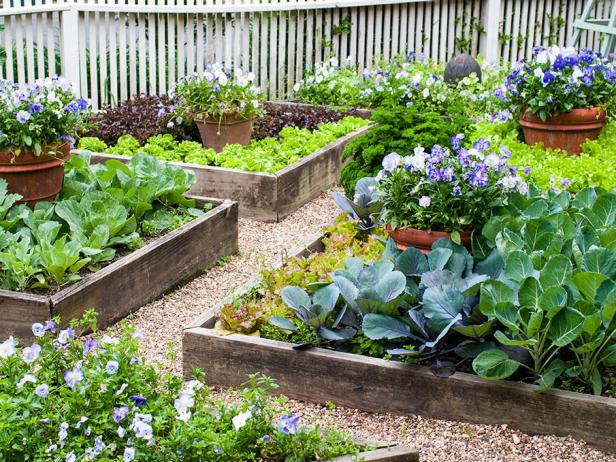
- A container vegetable garden on a patio or balcony. The containers are filled with different types of vegetables, such as tomatoes, herbs, and lettuce. This is a great option for people who don't have a lot of space for a traditional vegetable garden.

- A vertical vegetable garden that is made up of several stacked planters. This is a great way to save space and grow a lot of vegetables in a small area.

- A herb garden that is planted in a sunny spot in the yard. The herbs are arranged in a variety of containers, such as pots, window boxes, and hanging baskets.
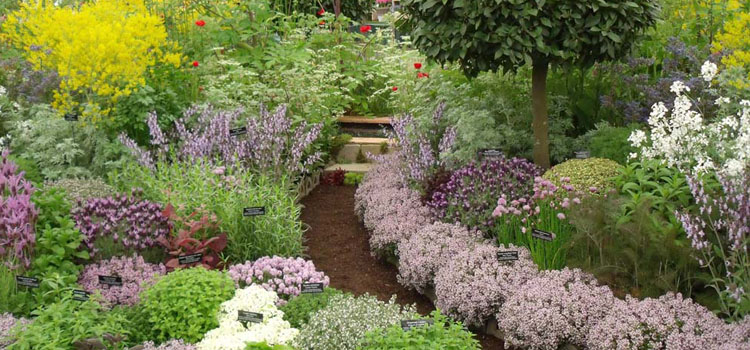
- A family vegetable garden that is planted with a variety of vegetables that everyone in the family enjoys eating. The garden is located in the backyard and is surrounded by a fence to keep out pests.

Post a Comment for " Easy Vegetable Garden Ideas For Beginners"